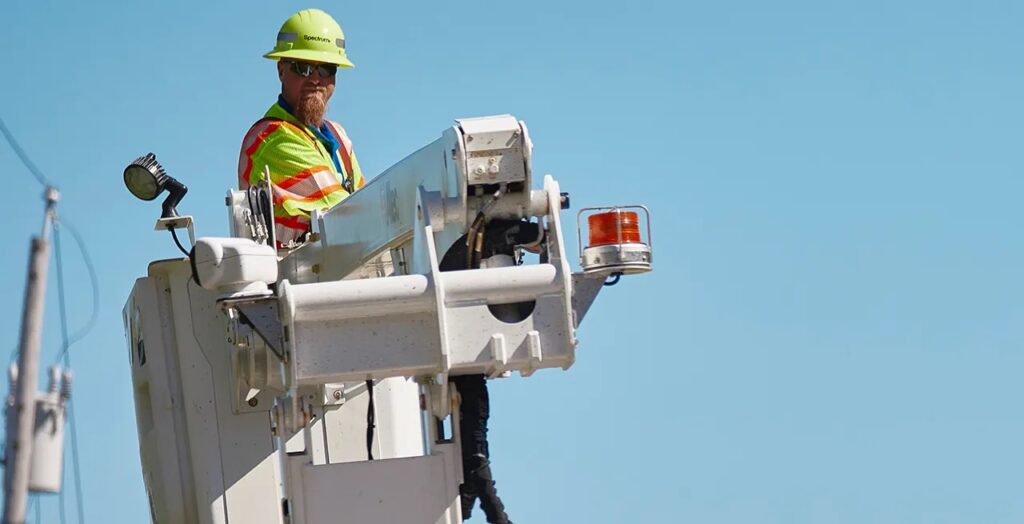A new report released by WifiForward confirms Wi-Fi’s critical role in the U.S. economy, not just as a connectivity tool but as a major driver of job creation. According to the study conducted by Telecom Advisory Services, the number of American jobs generated by Wi-Fi technologies is set to triple by 2032, climbing from 7 million in 2023 to nearly 21 million.
Wi-Fi is fueling economic opportunity across many industries and regions, and smart spectrum policy is the key to sustaining that momentum.
Wi-Fi is a job creation engine
As Wi-Fi technologies continue to expand, so does their economic footprint. The study breaks down how this job growth unfolds across the economy:
- In 2023, Wi-Fi created 7.1 million U.S. jobs.
- By 2027, that number will reach 13.6 million.
- By 2032, Wi-Fi is projected to support nearly 21 million jobs.
New spectrum means new jobs
One of the strongest drivers of Wi-Fi’s job growth is the availability of unlicensed spectrum, particularly the 6 GHz and 7 GHz bands.
Wi-Fi 6E and Wi-Fi 7, which operate in the 6 GHz band, already support millions of jobs thanks to the FCC’s 2020 decision to open the band for unlicensed use. In 2023 alone, 2 million jobs were tied to these technologies. That number is expected to climb to nearly 8 million by 2027 and more than 13.5 million by 2032.
Opening the 7 GHz band could unlock even more employment gains. The report estimates that allocating just 500 megahertz of this spectrum for Wi-Fi 7 use could generate:
- Over 300,000 jobs by 2027
- 1.5 million jobs by 2032
Unlicensed spectrum delivers greater economic impact
The study also compares the employment potential of unlicensed Wi-Fi with that of licensed mobile spectrum. The findings are clear:
- Allocating 500 MHz of spectrum for Wi-Fi could result in nearly 1.5 million jobs by 2032.
- A comparable 400 MHz licensed for mobile use would generate only 407,000 jobs in the same period.
That’s a 3.6x difference—highlighting the significant economic return of spectrum strategies that support unlicensed use.
Policymakers can bolster Wi-Fi’s economic impact
To maintain and grow this momentum, policymakers should ensure that Wi-Fi has the spectrum it needs to meet rising demand.
Smart spectrum decisions will give innovators more room to operate, expand economic opportunity, and ensure that Wi-Fi remains a backbone of connectivity and growth.
As the demand for faster, more reliable wireless service accelerates, Wi-Fi’s impact on jobs and innovation will only grow. Expanding access to unlicensed spectrum is the key to unlocking its full potential.








